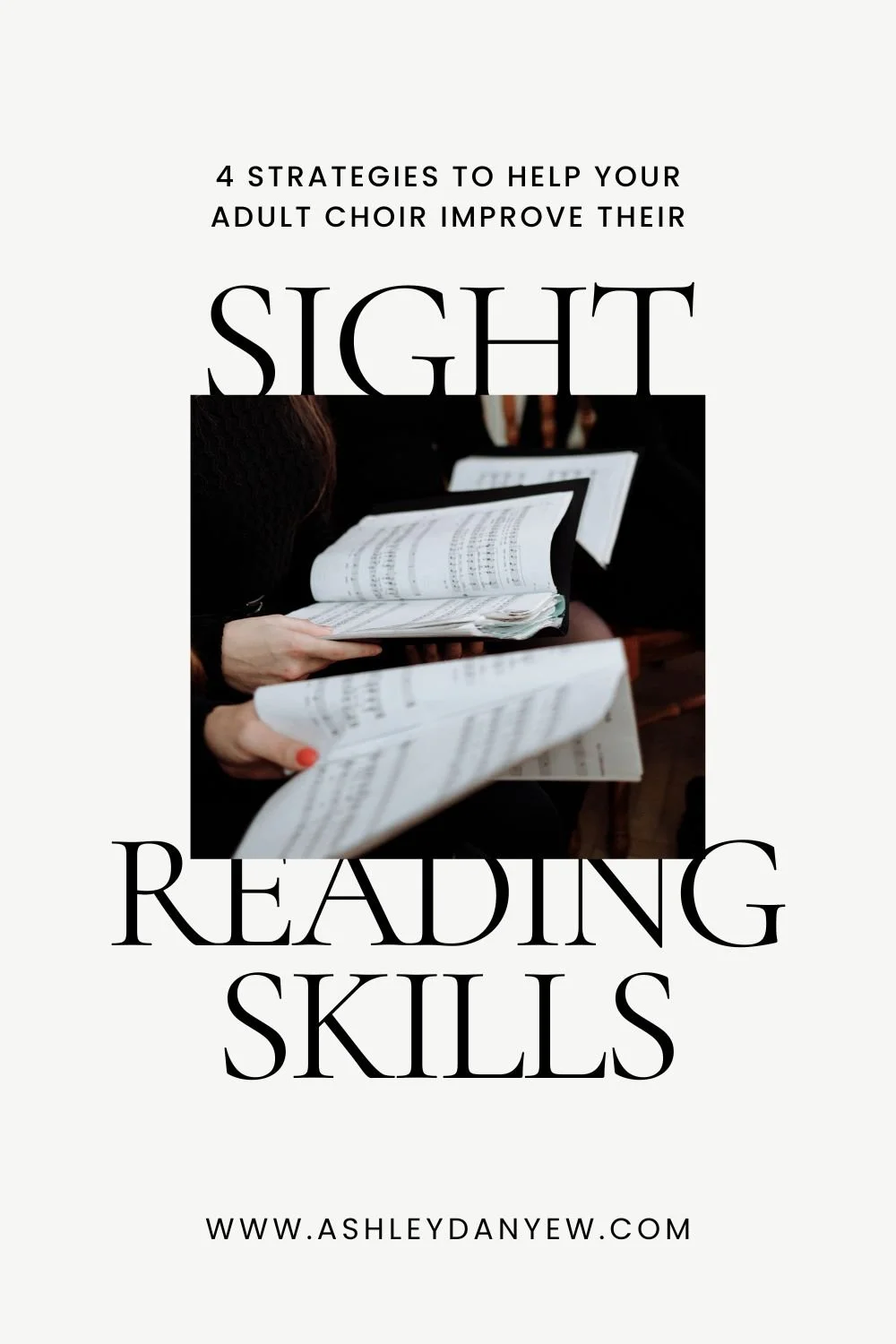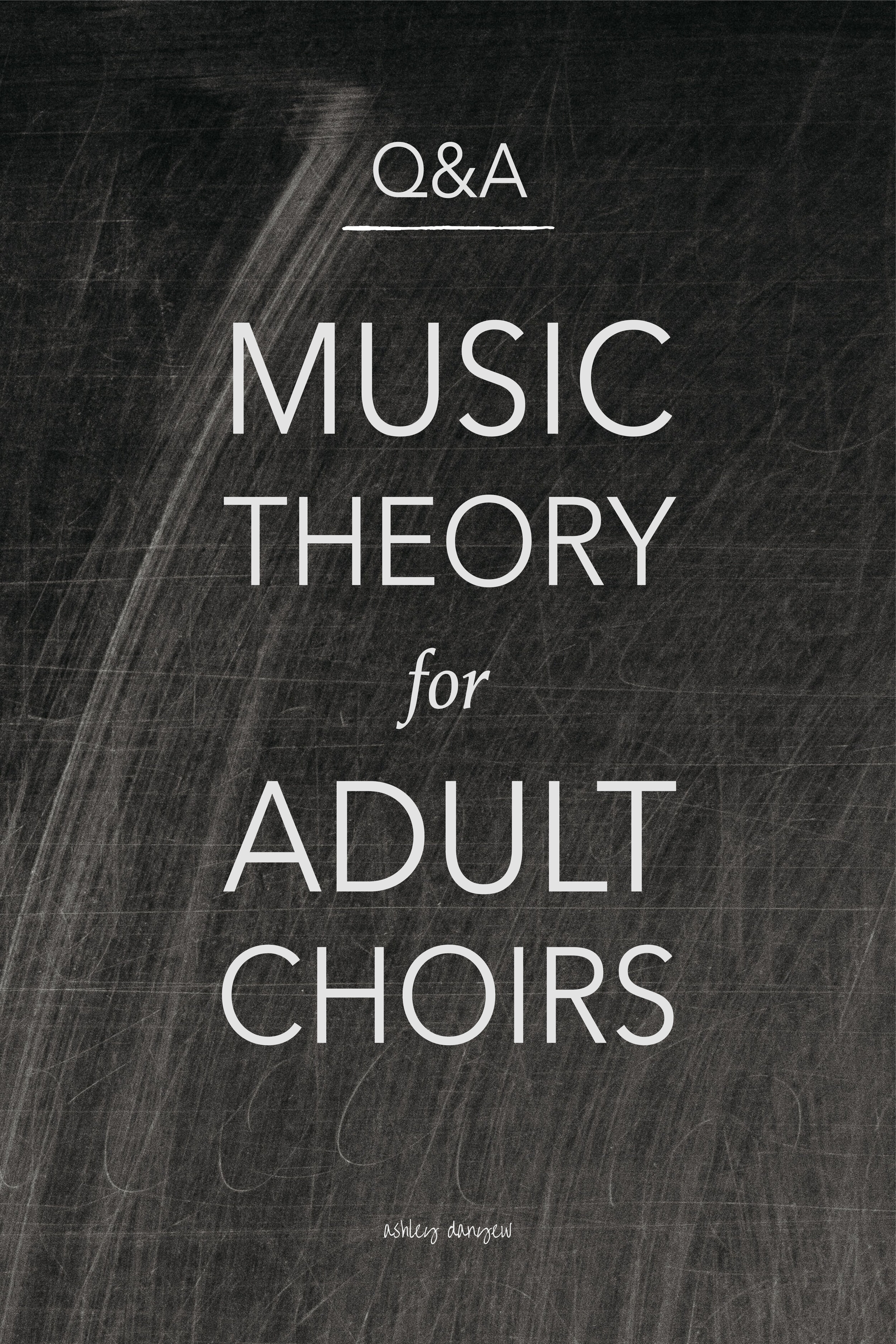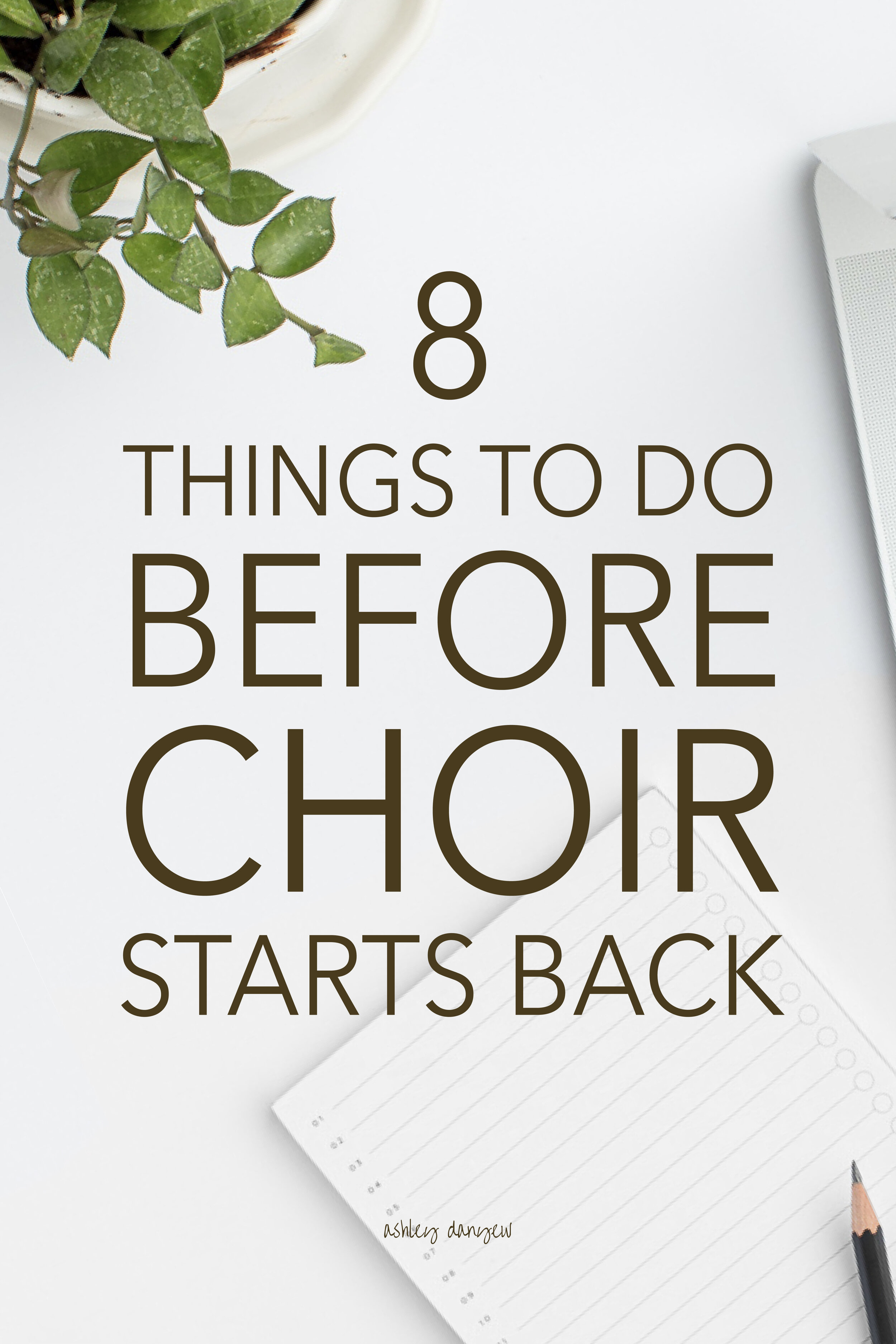Music ministry can be fulfilling, demanding, meaningful, challenging, and deeply rewarding work - sometimes, all at the same time! It’s an opportunity to use your musical skills and experience in service to others; inspire and encourage others in their musical development; help people and nurture them in their faith; and participate in something greater than yourself.
It’s an opportunity to teach, create, inspire, dream, give, grow, and serve.
Those of you who were involved in church music growing up know the importance of this work. Some of you learned to read music by singing the hymns from the hymnal every Sunday. For some, your first experiences making and participating in music were in church choirs or playing the prelude for a special service. Maybe it was your church music directors who became your mentors, encouraging you to pursue a life in music.
Your church music program was a place where you could learn, create, be inspired, dream, give, grow, and serve.
Thinking about going into music ministry someday? In today’s post, I’m sharing my best advice plus seven things you can start doing now to help prepare you for a career in music ministry.
How to Pursue a Career in Music Ministry
Attend church regularly
Okay, this may go without saying, but if you want to pursue a career in church music, it’s important that you start attending church regularly now. There are lots of things that make a career in church music different from other music positions and much of this can be learned and gleaned early on by attending different churches and experiencing different styles of worship.
By attending church, you have the unique and valuable opportunity to participate in and experience worship from the congregation's perspective. This will serve you well in your ministry work down the road, as you’ll be able to better anticipate the congregation’s needs and plan and create worship experiences that are meaningful to them.
As a congregation (or choir) member, you’ll learn the hymns that are important to that particular congregation, as well as the tempos they use to sing them. Singing multiple verses each Sunday gives you the opportunity to develop your sight-singing skills: try singing a different part (soprano, alto, tenor, bass) for each verse.
Observe how the service is put together: how things are organized, what follows what, and how music ties into that. Pay attention to flow, patterns, timing, and pacing of different elements in the service. Learn the traditions that are important to this particular church and denomination.
Get involved in your church’s music program
If you want to have a career in church music someday, it's a good idea to get involved in your church's music program somehow. Sing in a choir or play handbells. Help out with some administrative work or volunteer to teach a children’s choir. If piano is your primary instrument, volunteer to accompany a choir, soloists or instrumentalists, or play in worship, as needed.
All of these things will give you great practical experience and will help you see what a church music program looks like, behind the scenes.
Develop your musical skillset
Take this time to develop your musical skill set.
Take private lessons
Pursue a music degree in higher education
Develop your keyboard (piano and organ) skills
Build your accompanying skills
Practice conducting
Develop your singing voice
Get some teaching experience (with choirs and ensembles of all ages)
Practicing singing and playing (hymns, especially - this will help you establish good hymn tempos in the future)
Hone your leadership skills (in musical and non-musical settings)
Develop your sight-reading skills
As a church musician, you may find yourself in more of a conducting role (directing choirs and ensembles and maybe leading the congregation on Sunday mornings) or more of a keyboard role (accompanying worship on the piano or organ and accompanying choirs, soloists, and instrumentalists).
That being said, there may very likely be opportunities for you in smaller churches where you're asked to do everything - conduct, direct, play, accompany, plan, lead, teach, and organize.
You may be asked to direct and accompany the choir, at the same time. How can you prepare for this now? You may be asked to direct the handbell choir, even though you don't consider yourself a conductor.
My best advice is to develop as varied a musical skill set as you can.
Related post: Must-Have Skills for the 21st Century Church Musician
Attend conferences or workshops or take a class
Summer is a great time to attend conferences, but some church music organizations host winter sessions and workshops throughout the year. This is a great opportunity to meet other church music professionals and learn from leaders in the field. Observe choir and ensemble rehearsals, learn about new teaching strategies and approaches, and learn about new music that's available.
There may also be an opportunity to take a class, either during the school year, or over a break. Look at the course offerings at your local college or community music school or consider online courses, like these.
Find a mentor
If you have the opportunity, find a mentor, someone who has a career in music ministry. Shadow a church musician and learn what their job entails Intern with someone over the summer or during the academic year.
Ask questions about working with other staff members, working with families for weddings/funerals, overseeing other music staff, working with difficult people, where to find teaching and ministry resources, challenges/rewards of the position, skills they’ve had to develop on their own, things they wished they’d learned, etc.
Also, if there's a way to get some experience playing, teaching, or directing, and get feedback from your mentor, take advantage! This is a great opportunity to learn and grow as a church musician and leader.
Substitute for church musicians in your community
If you're a pianist or organist, subbing at local churches is a great way to get experience, network, and learn about denominations and worship styles. Reach out to local church musicians and let them know you’re available to sub for them, if they need to be away one Sunday.
When you're preparing to sub, make sure you have a copy of the hymnal to practice from and you know how to get in the building, if you arrive early to practice and no one is there yet. Subbing is a great way to get experience playing different instruments and become familiar with different hymnals. If you'll be playing the organ, make sure you know how to turn it on (is there a key?) and if the organist has any presets they recommend for the hymns.
A few questions to ask the music director or organist ahead of time:
How does your congregation sing the doxology?
How long are your hymn introductions, typically?
If it's a communion Sunday, how do the music and liturgy work for this part of the service?
Learn about worship and liturgy
Some of this you may be able to glean from just attending worship on Sunday mornings, but take this opportunity to learn about the liturgical year, the seasons and colors, and stories behind them. Learn about different denominations and what makes them unique.
You can even try your hand at worship planning: choose a Sunday, look up the lectionary readings for the day, and choose hymns and service music to match. Look for themes in the text that connect to hymn texts and anthem lyrics, and find service music that has programmatic titles that tie in.
I hope this advice is helpful to you as you plan and prepare for a career in music ministry. Questions? Leave them in the comments below - I'd be happy to answer them!






































